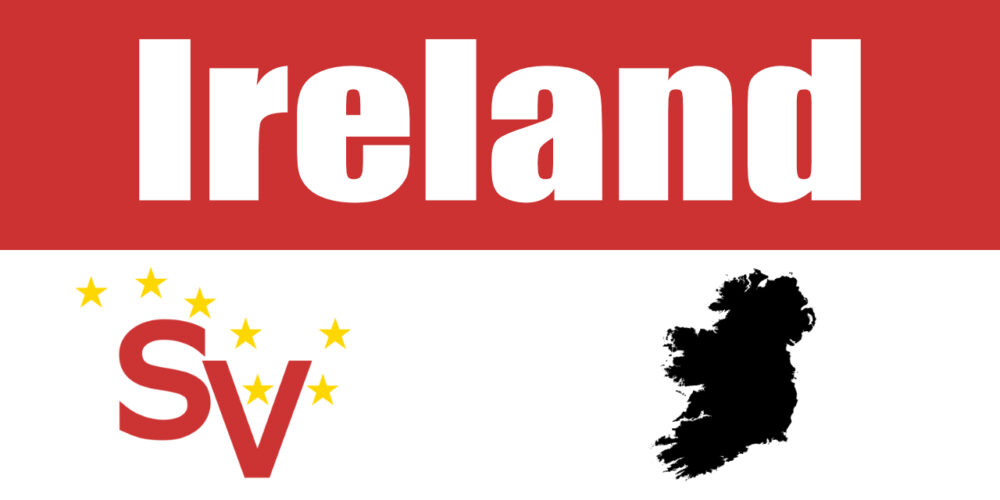Elections cause even the most docile of people to become excited. It really is a circus. But the human reality is that it is deadly serious for those who are trying to survive in life. And this is true in 95 per cent of the world.
Worse than that, there is very little chance of the votes that all those people cast being translated into a working parliament that actually makes life better for the 98 per cent anywhere in the world of capitalism.
In the case of the North of Ireland, once again paid elected politicians will not even be in attendance, while the people, in the midst of what’s euphemistically called a “cost-of-living crisis,” struggle to work and pay bills, just to exist. The politicians and their advisers will not, nor are they bothered to, run what might pass for a democracy, even by their own poor standards. And, like the litany of Stormont collapses, it could last years.
The lack of what is termed “democracy” is highlighted further (not only in the North) by the increasing proportion of people who do not even bother to vote. When you talk to them they simply say, “What’s the point?” And all the evidence points to the inescapable fact that they are right. When people cop on that they have no power and are ignored, they will retreat into survival mode. And quite often they drift into conspiracy groups and right-wing politics, or at least adopt their rhetoric.
And it’s more widespread than we like to admit—even among those who do vote. The establishment, north, south, east, and west, are happy with this, as it conveniently allows them to perpetuate division, inequality, and exploitation.
It is my belief that the time has come for the developing of a people-powered participatory democracy—a new way of managing our affairs. And if covid had anything good about it it proved that governments were totally incapable of dealing effectively with the pandemic. They failed the people on every level. The big boys made big bucks on the backs of everyone else, and were aided and abetted by politicians in doing so.
But, despite the odds stacked against them, the people managed their own lives themselves perfectly well throughout the pandemic. Front-line workers kept the country working. Were they properly rewarded for it? No. Will they ever be? No, certainly not. And who, only politicians, will steal their credit.
There is an urgent need for a system of “People’s Dálaí or Assemblies” to be the backbone of, as a first step, the Councils level of political representation. There is no gain whatsoever in electing councillors within the bourgeois “democratic” straitjacket without having a people’s participatory system. Everyone must be facilitated to have a say on the issues that affect us all, and at all times.
Coming out to a voting circus every five years just to exercise your “right” to cast a vote is no longer justifiable, and after which the elected politicians ignore us and do the opposite of what they said they would do. Indeed they do everything to destroy any semblance of a decent life for those who foolishly elected them, by supporting the side of power and neoliberal capitalism. We need to be in a position of power as communities, to call all elected representatives to account, and we need to be telling them what we need, as opposed to them telling us what they decide we need.
But that cannot be the end of our political development. The People’s Dálaí or Assemblies need to be the engine that resists the effects of the messages of power, whoever relays them on behalf of that power. They need to inculcate in the people the belief that they—the people—have the power of change, contrary to what they are told and believe, and that these People’s Councils be a source of learning and empowerment, that they assist the people in confronting every angle of the state’s capitalist propaganda, that they work with people and communities to assist in the building of a new, 32-county socialist or workers’ republic, where the people are in control of the means of production and distribution of wealth that they generated.
Time for change has always been. And maybe, just maybe, the present state of the decline of capitalism might create favourable conditions for the beginning of real, revolutionary change, allowing that socialists and communists are prepared. But that change must be cultivated in our local areas and communities, where the People’s Dálaí or Assemblies call the shots. Why would we bother with activism or agitation at all if we are not focused on fatally undermining all aspects of capitalism and, in this case, taking power in Ireland?






